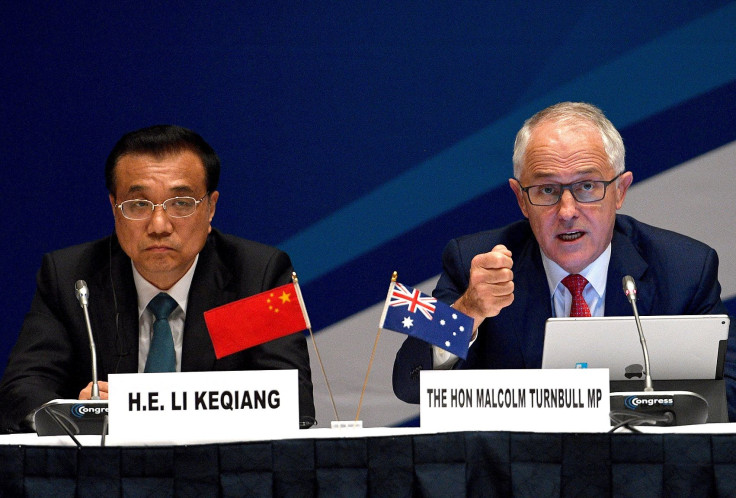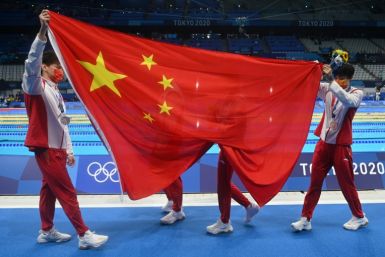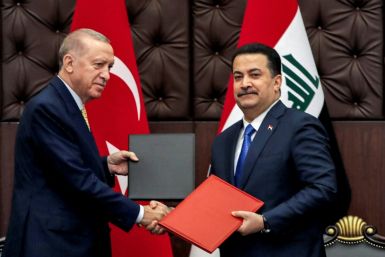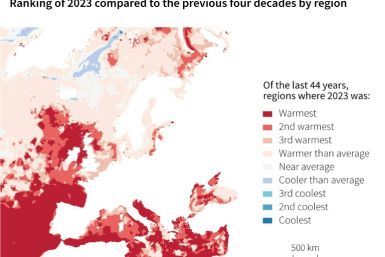Australia's prosperity depends heavily on its economic relationship with China

Australia’s economic relationship with China will be an instrumental factor in determining its future prosperity. With the importance of resource exports on the rise, there is a need for a newer model of economic engagement. The country should be able to accommodate Chinese demands concerning a variety of services.
This comes as the relationship between Australia and China seems to be strengthening. As reported by Austrade, the export of services to China jumped by a healthy margin in the recent years – growing from $7.1 billion in 2013 to $10.7 billion as seen last year. Australian services exports to China currently stand higher than the cumulative values of iron ore exports to Japan and South Korea.
Moreover, as the free trade agreement between the two countries comes into effect, there will be more in-depth access to the other’s economy going ahead. While this comes as good news, Australia has quite a way to go to enhance its competitiveness.
As noted by the Australian, with regard to the tourism sector, improvements need to be made concerning factors like cultural awareness and an understanding of Chinese expectations. If China is made to feel that Australia cannot offer a hospitable experience to the rising influx of tourists, the travellers will look to go elsewhere.
However, one of the things that comes as a setback for Australia is its citizens’ reluctance in learning Mandarin. Almost 4,000 Australians with Chinese-language qualifications graduate Year 12 in 2015. This accounted for roughly 0.1 percent of the total primary and secondary school students. Almost 400 of these students did not come from a Chinese heritage. Between the years of 2007 and 2015, there was a 20 percent decline in the number of non-Chinese background students studying Mandarin at Year 12.
The relationship between the two countries becomes a subject of interest following Chinese Premier Li Keqiang’s five-day visit to Australia. One of the agendas of his visit was to dismiss the “America First” protectionism being promoted by US President Donald Trump.
"The cooperation between China and Australia showcases to the region and the world our determination to defend trade liberalization and advocate the benefits of free trade," Prime Minister Malcolm Turnbull said in Sydney. Speaking about Australia’s economic dependence on China, Li warned Australia about choosing between China and the US, “as [what] happened during the Cold War."
While Turnbull has said being asked to choose between China and the US “is not correct,” several experts are not in agreement with the sentiment. "The problem Australia faces is the growing tensions from China's desire for influence and that is going to mean Australia may have to choose between its two allies," Nick Bisley, professor of international relations at Melbourne's La Trobe University, said.
Source: YouTube/Al Jazeera English






